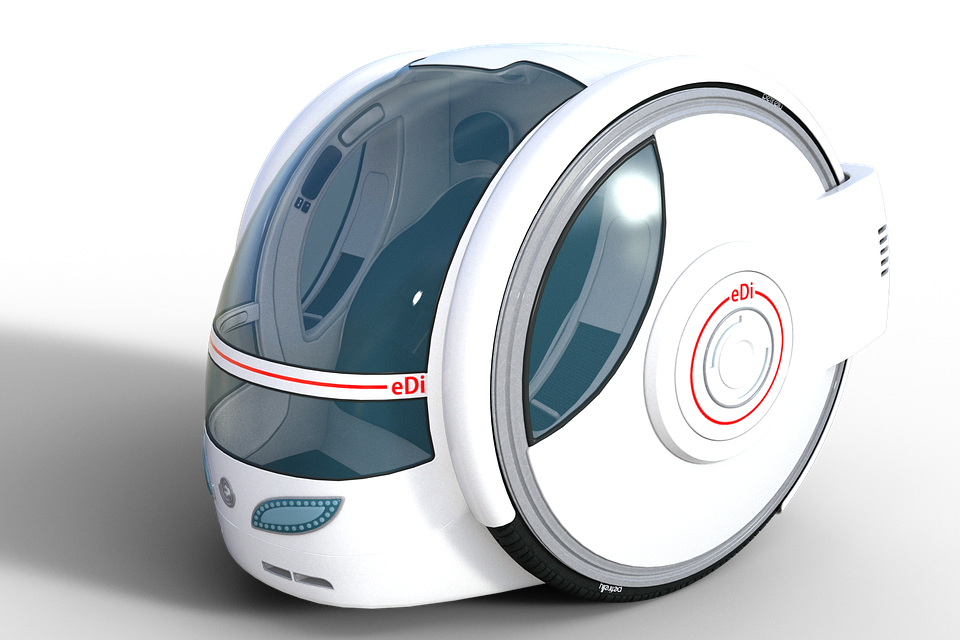The Future of Transportation: Electric Cars
Electric cars have gained popularity in recent years as a more sustainable and environmentally friendly mode of transportation. With advancements in technology, electric cars are becoming more accessible to the general public and are seen as a viable alternative to traditional gasoline-powered vehicles. Companies like Tesla have been leading the way in producing electric cars that are not only efficient but also stylish and high-performing.
Advantages of Electric Cars
One of the main advantages of electric cars is their positive impact on the environment. Unlike traditional gasoline-powered vehicles, electric cars produce zero emissions, reducing air pollution and greenhouse gas emissions. This is particularly important as the world seeks to combat climate change and reduce its carbon footprint.
Electric cars also offer cost savings for drivers. While the upfront cost of an electric car may be higher than a traditional car, the operational costs are significantly lower. Electric cars are cheaper to fuel, with electricity typically costing less than gasoline. Additionally, electric cars have fewer moving parts than traditional cars, reducing the need for maintenance and repairs.
Another advantage of electric cars is their performance. Electric cars are known for their quick acceleration and smooth driving experience. Many electric cars are also equipped with advanced features like autonomous driving capabilities and over-the-air software updates.
Challenges of Electric Cars
Despite their many advantages, electric cars still face challenges that need to be addressed in order for them to become more widespread. One of the main challenges is the lack of infrastructure. Electric cars require charging stations, and there are still not enough of them to support the growing number of electric vehicles on the road. Governments and private companies need to invest in building more charging stations to encourage the adoption of electric cars.
Another challenge is the issue of range anxiety. While advancements in battery technology have improved the range of electric cars, many drivers are still concerned about running out of battery power while on the road. Companies are working on developing faster-charging technologies and increasing the range of electric cars to alleviate these concerns.
The Future of Transportation: Hyperloop Trains
Hyperloop trains are a revolutionary mode of transportation that have the potential to change the way we travel. Conceived by Elon Musk, the Hyperloop is a high-speed train that travels in a vacuum tube at speeds of up to 700 mph. This ultra-fast mode of transportation could drastically reduce travel times between cities and revolutionize the way we think about long-distance travel.
Advantages of Hyperloop Trains
One of the main advantages of Hyperloop trains is their speed. With the ability to travel at speeds of up to 700 mph, Hyperloop trains could significantly reduce travel times between cities. For example, a trip that currently takes several hours by car or plane could be completed in a matter of minutes on a Hyperloop train.
Hyperloop trains also have the potential to be more energy-efficient than traditional modes of transportation. Because they travel in a vacuum tube, there is less air resistance, meaning less energy is required to propel the train forward. This could result in lower operating costs and a smaller carbon footprint.
Another advantage of Hyperloop trains is their versatility. Hyperloop trains could be built underground or elevated, making them less disruptive to existing infrastructure. They could also be used for both passenger and freight transportation, offering a flexible and efficient mode of transportation for a variety of needs.
Challenges of Hyperloop Trains
While Hyperloop trains offer many exciting possibilities, they also face several challenges that need to be addressed. One challenge is the high cost of building the infrastructure. Hyperloop tubes are expensive to construct, and securing the necessary land rights and permits can be a lengthy and complex process. Companies like Virgin Hyperloop are working to address these challenges and bring Hyperloop trains to reality.
Another challenge is safety. Because Hyperloop trains travel at such high speeds, there are concerns about the safety of passengers in the event of a malfunction or accident. Companies developing Hyperloop technology are focusing on safety features like emergency braking systems and fail-safe mechanisms to ensure the safety of passengers.
In conclusion, the future of transportation is exciting and full of possibilities. From electric cars to Hyperloop trains, innovative technologies are revolutionizing the way we think about transportation and offering new solutions to the challenges we face. With continued investment and advancements in technology, we can look forward to a more sustainable, efficient, and interconnected transportation system in the years to come.
